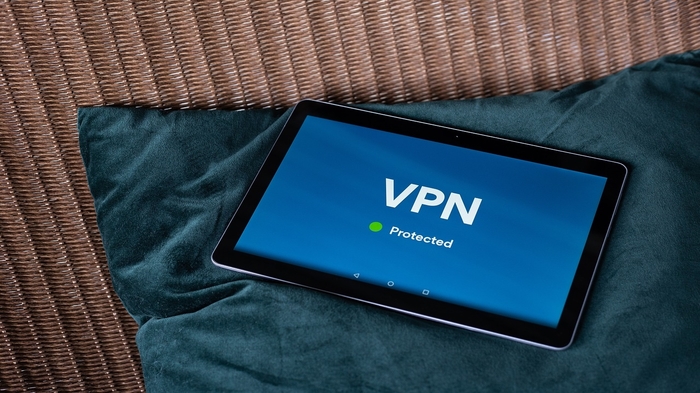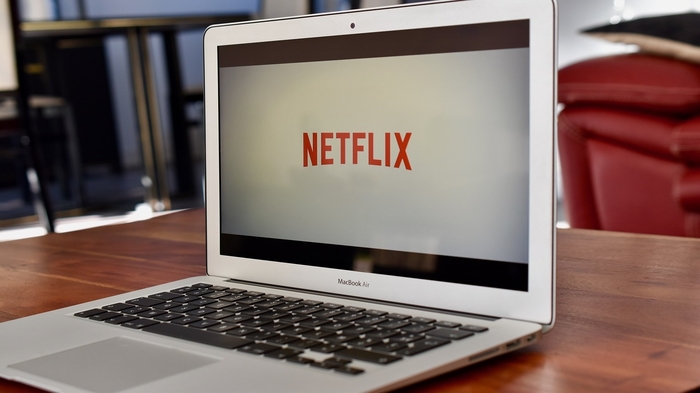Netflix has recently become notorious for its geo-fencing strategies. Also known as geo-blocking, the practice involves setting up a virtual perimeter around a real-world geographical area, such as the United States, India or Scotland. Think of it as the digital counterpart to a national border. If you’re not within the confinements of a geo-fence, then some features might not be available to you.
The technology can be quite useful towards guaranteeing the security of, say, expensive goods from one location to another. In fact, several application kits allow you to set up perimeters wherein unloading is permitted. Netflix, on the other hand, is effectively using geo-fencing to discriminate among its users.

Although the subscription rarely varies by more than a couple of dollars from the standard $8, the total library size you have access to can change by as much as 2,500 titles between users in the U.S. and those in countries such as Portugal, Egypt, Iran, Austria, Taiwan, Poland, Morocco, and many more. For this reason, many subscribers have tested for themselves just how good PIA VPN is when trying to mitigate the immense regional dissimilarities Netflix service subjects them to.
Why Netflix geo-blocks in the first place
If you live in the U.K., you won’t be able to stream How I Met Your Mother, Dr. House, The West Wing, Parks and Recreation, and much more of the best content that the service has to offer. Some of you might pay more than the average U.S. or Canadian subscription and still not get the perks. On the other hand, those living in the U.S. were forced to wait six months before being able to watch Downton Abbey.
The issue is that your Netflix account takes your current location as a way to discriminate which things you can and can’t watch. Netflix’ geo-fencing isn’t necessarily malice. Rather, it is a consequence of the policies that Hollywood movies and TV studios implement for the content they stream online. As different markets were found to have different needs, media conglomerates began to enforce the copyrights to their content on a country by country basis.
Essentially, this practice is a selective service offered according to the residency of the customer, which is a discriminatory practice. No matter where you’re from, going abroad will most likely prevent you from being able to watch your favourite Netflix shows. If you’re an American citizen currently visiting Eastern Europe or the Middle East, you won’t able to stream the same shows and movies you did on U.S. territory.
How to by-pass Netflix geo-fences
Fortunately, Internet users from everywhere regularly pay to access the world’s biggest online subscription video service and have found a way to by-pass Netflix’s geo-blocking. Using the latter’s own weapons against them, it is now possible to alter your IP address (your metaphorical license place while surfing the Internet highways) to match that of a U.S. client. In other words, you can travel anywhere and still connect to Netflix with an American IP if you re-route your Internet traffic.
This is the chief reason why Virtual Private Network (VPN) services have become so widespread and successful. Of course, they offer you amazing data protection and banking-level security while browsing the web, but aside from this, they help you by-pass Netflix’s geo-blocking from anywhere in the world in an instant.

Some of the best players in the VPN industry, including Private Internet Access, have tweaked their applications and server range so as to make it possible for you to experience perfect streaming regardless of where you are. More importantly, PIA has made its offer so competitive that the service requires no more than three dollars for an optimal subscription. With access to over 3,000 servers spread across over 30 countries worldwide, Netflix won’t be able to hide anything from you.
Remember, however, that not all countries understand their peoples’ use of the Internet in the same way. Russia, for instance, has outlawed the use of VPN services. For this reason, it is necessary to exercise some legal precaution when using your VPN on the go.
The right to access online content
It is unlikely that advocates of consumers’ rights or private agents will soon fall back on their promise to deliver equal access to content on the Internet regardless of where you come from or travel to. For some time ahead, there will be an on-going clash between streaming services like Netflix, who often protect the abusive regional copyrights of corporate studios and VPN providers that offer Internet security and anonymity.
Netflix has attempted to block numerous such servers because the latter was used by people who wanted to maintain access to their favourite content while traveling. VPNs have continuously responded to these practices by creating new servers and new regional access points. Ultimately, the hassle to continuously block VPNs and prevent their users from exercising their right to view what they’ve paid for is far more expensive for Netflix than it is for VPN providers to compensate for blacklisting.
